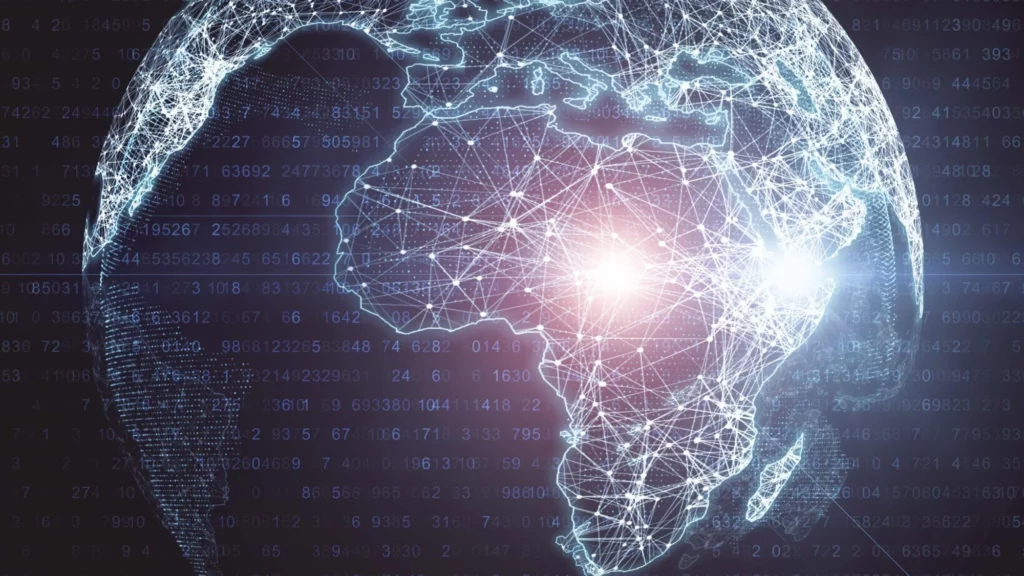
In recent years, the rapid development and adoption of artificial intelligence (AI) technologies have been transforming various industries around the globe. Africa, often referred to as the next frontier for technology, is witnessing a growing interest in harnessing AI’s potential. While the advancements bring promising opportunities, concerns about the ethical, economic, and societal impacts of AI in Africa have sparked debates about whether we should be worried.
The application of AI in Africa has the potential to revolutionize multiple sectors, including healthcare, agriculture, education, and transportation. By leveraging AI, healthcare providers can improve diagnostics, enhance patient care, and tackle public health challenges. AI-powered agricultural solutions can optimize crop yields, enable precision farming, and help address food security concerns. In education, AI-based tools can personalize learning experiences, promote access to quality education, and bridge the digital divide. Moreover, intelligent transportation systems can improve traffic management, enhance safety, and reduce congestion in African cities.
One of the major concerns surrounding AI in Africa is the potential impact on employment. With AI automation, certain jobs may become redundant, leading to job displacement and economic inequalities. However, proponents argue that while some jobs might be automated, AI also presents new opportunities for skill development and job creation. By focusing on reskilling and upskilling the workforce, countries can adapt to the changing job landscape and ensure that citizens are prepared for emerging AI-related roles.

Ethical considerations and the responsible use of AI are also paramount. Ensuring privacy, data protection, and algorithmic transparency are crucial for building trust in AI systems. It is essential for African governments, researchers, and technology companies to collaborate in developing robust regulations and frameworks that safeguard individuals’ rights and promote fair and unbiased AI systems. By doing so, Africa can avoid potential pitfalls and mitigate the risks associated with AI, ensuring the technology is used for the benefit of all.
Another concern is the potential exacerbation of existing inequalities. Africa already faces various socio-economic disparities, including the digital divide, lack of access to basic services, and gender disparities. If not addressed, AI deployment could widen these gaps, leaving marginalized communities further behind. To counter this, efforts must be made to promote inclusivity, bridge the digital divide, and ensure equitable access to AI technologies and opportunities. Additionally, fostering a diverse workforce in AI development will help create solutions that are more representative and inclusive.
Despite these concerns, the prevailing sentiment remains one of cautious optimism. AI has the potential to address pressing challenges and drive sustainable development in Africa. It can assist in finding innovative solutions to complex problems, empower communities, and promote economic growth. However, a thoughtful and inclusive approach is essential to ensure that the benefits of AI are equitably distributed and that the potential risks are properly managed.

The advent of AI in Africa holds immense potential for progress across various sectors. While concerns about job displacement, ethical implications, and inequalities are valid, addressing them requires proactive measures and collaborations. By leveraging AI responsibly, African nations can overcome challenges, drive innovation, and create a future that benefits all citizens. It is imperative for governments, organizations, and communities to work together to shape AI policies and practices, ensuring a positive and inclusive AI-powered future for Africa.
